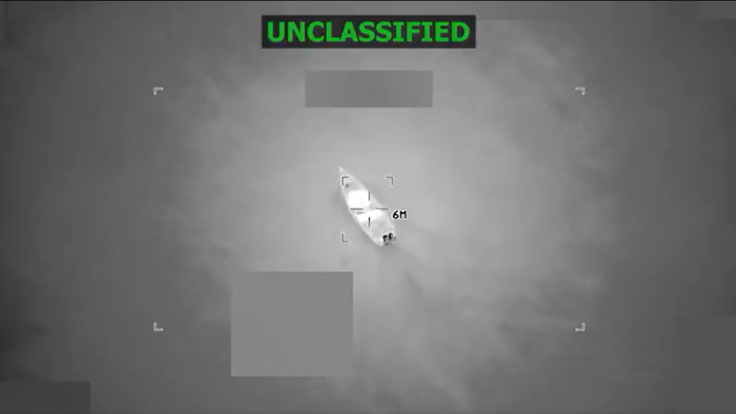
Smugglers operating in the Caribbean can get $100,000 if they manage to deliver drugs safely and avoid the massive deployment of forces and assets by the Trump administration, according to a new report.
The Wall Street Journal interviewed three people involved in such runs, detailing that cargoes can be worth as much as $70 million. They are usually moved through 40-foot-long boats powered by oversize outboard engines.
Given the hefty payout, some are taking the jobs despite the risk of being blown up. Crews are now looking for any advantages, including sailing at night or during rough weather.
Law enforcement officials explained that many of the pilots started out as fishermen and then transitioned into smuggling. Crews usually include a pilot, a mechanic, a guarantor and sometimes a navigator.
"These drug organizations live from trafficking. They will continue to do this. This doesn't end. This will continue even if the United States continues its bombings," one pilot told the WSJ.
Considering speed is of the essence, the crews sometimes sail for more than 24 hours straight to take drugs from Colombia to Honduras or Mexico. In other cases they drop the bundles along with GPS markers in the ocean so another crew later retrieves them. They can also meet at a determined location and conduct the handover.
A crew member who received $10,000 for a successful run said the threat from U.S. forces scares him, but he is willing to go again for more money. "If they put 13,000 in front of me, I'll go."
However, the strikes are having an impact, according to Drug Enforcement Administration (DEA) Administrator Terry Cole, who told CBS News last week that cocaine prices in the U.S. are increasing as a result.
"Cocaine is getting more expensive. And I think what it is — not only more expensive in the U.S., but we're seeing it become more expensive at first stops. So more expensive in Puerto Rico, more expensive in the Dominican, more expensive once it lands in Guatemala and Honduras and Central America," Cole told the outlet.
He went on to specify that cocaine prices have increased between 30% and 45% per kilogram. "It's now more expensive to recruit boat captains, it's more expensive to purchase engines, it's more expensive to build larger boats for transportation," Cole added, noting it is all a result of "immense pressure."
© 2025 Latin Times. All rights reserved. Do not reproduce without permission.





